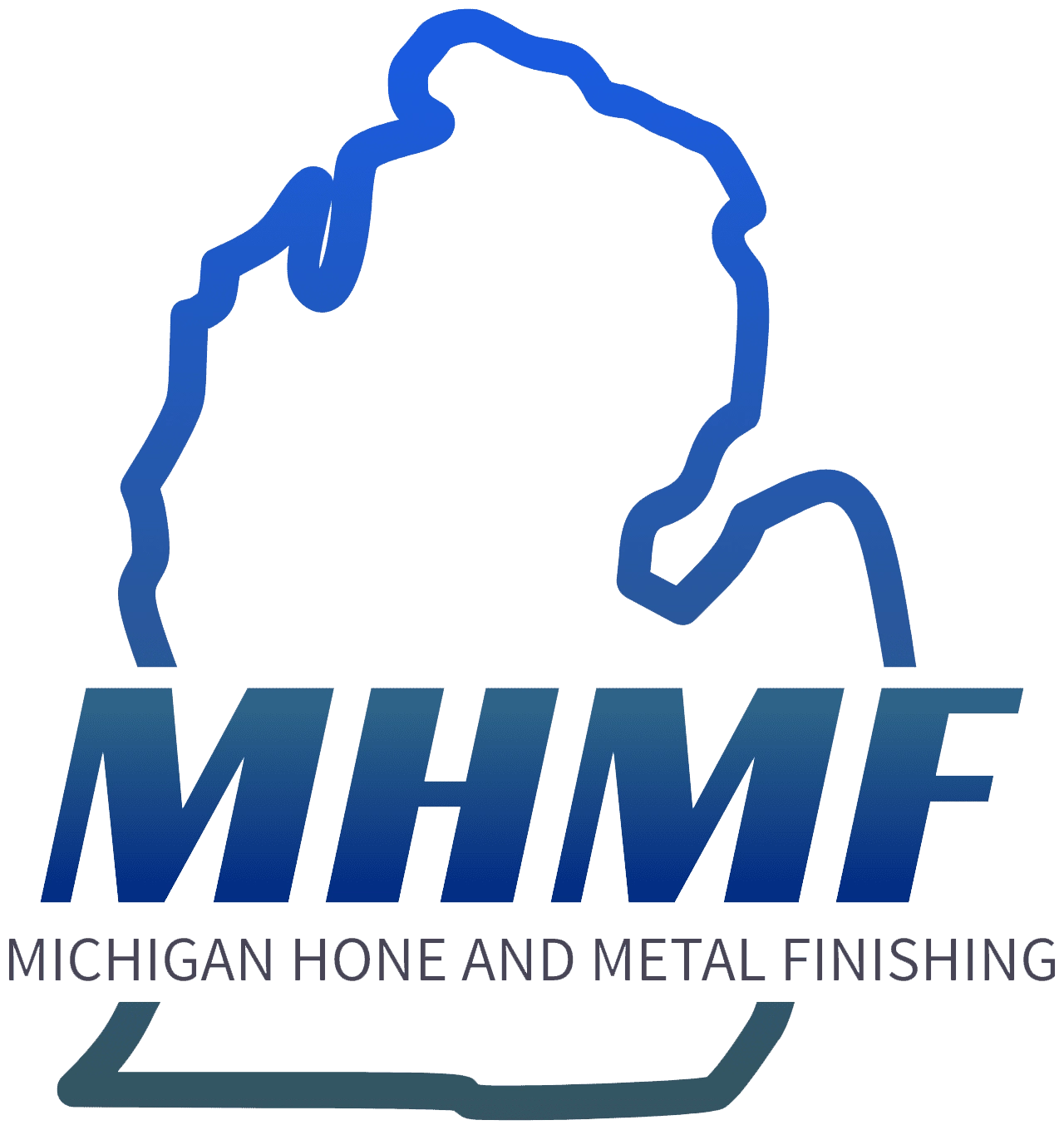Measuring Surface Roughness (Ra, Rz, etc.)
Surface roughness is a critical factor in honing, directly affecting performance, wear resistance, and sealing capability. The most common roughness measurements include:
- Ra (Roughness Average): Measures the average deviation of peaks and valleys on a surface.
- Rz (Mean Roughness Depth): Represents the average height difference between the highest peak and lowest valley over multiple sampling lengths.
- Other Parameters: Depending on customer requirements, additional metrics such as Rq (Root Mean Square Roughness) and Rt (Total Roughness Height) may be used.
Dimensional Accuracy & Geometric Tolerances
Honing is designed to achieve exceptionally tight tolerances for bore sizing, straightness, and concentricity. The following geometric tolerances are critical in honing operations:
- Straightness: Ensures the bore remains linear without deviation over its entire length.
- Cylindricity: Maintains uniform bore shape, preventing ovality and irregularities.
- Concentricity: Ensures the bore remains centered relative to its reference axis, crucial for rotating components.
Precision Gaging Methods for Inside Diameters
To ensure compliance with customer specifications, Michigan Hone utilizes high-precision gaging equipment:
- Sunnen Bore Gaging: Provides highly accurate inside diameter measurements to meet customer tolerances.
- Sunnen Dial Gaging: Used for fine-tuned measurements of bore dimensions, ensuring precise control.
- Pin Gaging: Verifies bore diameter by using precisely sized pins for go/no-go testing.
- Go/No-Go Gaging: A quick and effective method for verifying whether a bore meets the required size tolerance.
Conclusion
Quality control in honing is essential for achieving precise bore geometry, surface finish, and dimensional accuracy. By utilizing advanced measurement techniques and high-precision gaging equipment, Michigan Hone ensures that every honed component meets the strictest industry standards and customer requirements.
